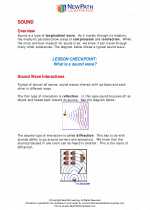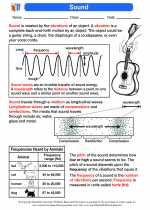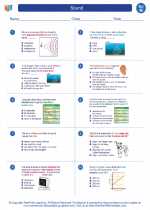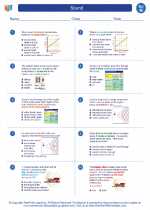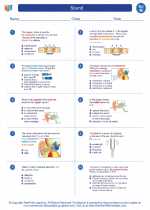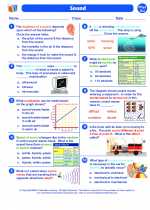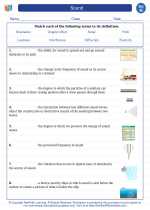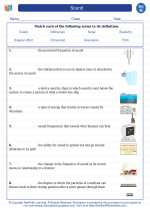Topic: Occurs
The term "occurs" is used in science to describe the happening or manifestation of a particular event or phenomenon. In the context of scientific study, occurrences can refer to a wide range of natural processes, events, or observations that take place in the world around us. Understanding and analyzing occurrences is fundamental to the scientific method and essential for making sense of the natural world.
Key Concepts
- Occurrence: The manifestation or happening of an event or phenomenon in the natural world.
- Observation: The act of noting or perceiving an occurrence through the senses or scientific instruments.
- Data Collection: Gathering and recording information related to occurrences for analysis.
- Analysis: Examining and interpreting occurrences to draw conclusions and make predictions.
Study Guide
Here are some key points to focus on when studying the concept of "occurs" in science:
- Understand the significance of occurrences in scientific study and research.
- Learn to differentiate between various types of occurrences, such as physical, chemical, biological, and environmental events.
- Explore the methods and tools used to observe and measure occurrences, including experimentation, data collection, and analysis techniques.
- Examine real-world examples of occurrences in different scientific disciplines, such as physics, chemistry, biology, earth science, and astronomy.
- Consider the implications of occurrences on human society, technology, and the environment.
By mastering the concept of "occurs" and its applications in scientific inquiry, you can develop a deeper understanding of natural phenomena and their impact on the world we live in.
